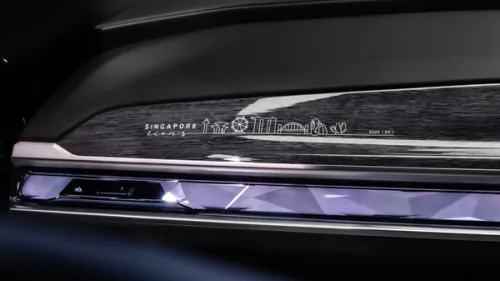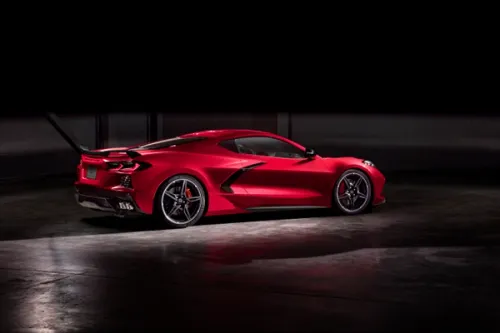
The Electric Power Research Institute (EPRI) and Ford Motor Company today announced a three year agreement to develop and evaluate technical approaches for integrating plug-in hybrid electric vehicles (PHEVs) into the nation’s electric grid system, a key requirement to facilitate widespread adoption of the vehicles.
EPRI will form a collaborative of utilities in the New York-New Jersey area that will test Ford Escape PHEVs. Subsequent trials will be conducted with customers of the participating utilities.
Ford, which is also working with Southern California Edison (SCE), is the first automotive manufacturer to partner with the utility industry to facilitate advancing PHEVs. The new EPRI-Ford program will build on the ongoing Ford-SCE partnership and help determine regional differences in how the operation of PHEVs will impact the electric grid system.
Ford has designed and is building 20 Escape PHEVs for testing in the Los Angeles area under the Ford-SCE partnership. With this new EPRI-Ford agreement, Ford is able to expand the evaluation and demonstration program to include other utilities.
PHEVs are part of a family of electric-drive technologies that could play an important role in achieving national objectives of energy security and a reduction of greenhouse gas emissions. They could also lower fuel costs and lead to more cost-effective use of the nation’s electricity grid, particularly during off-peak hours.
EPRI, Ford and SCE’s research and analysis on the Ford PHEVs will include data from four primary areas: battery technology, vehicle systems, customer usage, and grid infrastructure. The analysis will also explore possible stationary and secondary usages for advanced batteries.
The combined expertise of the partners in this project, Ford, EPRI and SCE, is designed to advance a greater understanding of a vehicle, home and grid energy system.
Credits: Jarvis


Get the Best Price for your used car
from 500+ dealers in 24 hours

- Convenient and Hassle-Free
- Consumer Protection
Transparent Process
With No Obligation









